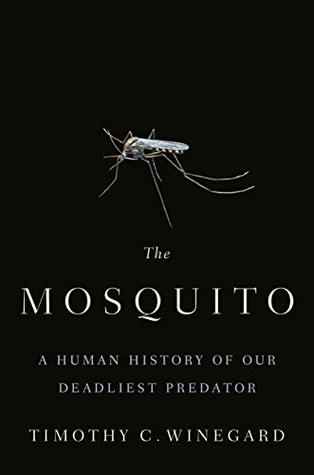More on this book
Community
Kindle Notes & Highlights
Read between
December 30, 2024 - January 29, 2025
Grant had no political machinations or pretenses and was not afraid to gamble on the battlefield. He was introverted, quiet, awkward, and quirky, but he was also a hard-charger and was willing to sacrifice lives to achieve victory, which earned him the nickname “the Butcher.”
Six weeks into the siege, the situation inside Vicksburg mirrored that of Jamestown’s Starving Time. A young Confederate soldier wrote home to his parents, pleading for provisions because abnormally large “Gallinippers” had pinned him “by the throat” and stolen his “Boots, hat, & 5,000 doll[ars] In Green Backs.” Ravenous civilians and soldiers ate dogs, rats, leather shoes and belts, and a few reports of cannibalism among the 3,000 huddled civilians surfaced after the war.
The name the “Victor of Vicksburg” echoed through the corridors of power. Although most politicians, including Lincoln, had never met Grant in person, in the highbrow social circles and sycophantic cocktail conversations of Washington, he was rapidly becoming something of a celebrity. Grant’s unrivaled battlefield prowess, his lack of political ambition and bureaucratic scheming, and his personal opinions on emancipation and the military employment of African Americans quickly endeared him to the president.
“That man Grant has been of more comfort to me than any other man in my army,” Lincoln pledged. “Grant is my man, and I am his the rest of the war.” The cigar-puffing, alcoholic, tongue-tied, taciturn, short, and dowdy Grant, who stood in sharp contrast to the tobacco-abstaining, teetotaling, articulate, eloquent, loquacious, towering, and lanky Lincoln, summed up his commander in chief as “a great man, a very great man. The more I saw of him, the more this impressed me. He was incontestably the greatest man I ever knew.”* With their unwavering mutual respect, loyalty, and admiration, the
...more
African Americans were fighting for freedom in a segregated and skeptical army against an enemy who offered no quarter and delighted in killing them, all under the microscopic scrutiny of a curious, cross-examining, and judging nation. For African Americans, surrender was not an option. Confederate soldiers were disgusted and appalled at having to fight former slaves in what should have remained a white man’s war, and they exacted harsh retribution on the wounded and captured. African American soldiers suffered sadistic violence at the hands of Confederate soldiers and were singled out for
...more
Despite all the ghastly horrors and butchery of the war, General Grant concluded, “We are better off now than we would have been without it.” He believed, as did Lincoln, that the war was a “punishment for national sins [slavery] that had to come sooner or later in some shape, and probably in blood.”
By the 1880s, the miasma and humoral models of Hippocratic medicine were being replaced with modern germ theories. Early researchers of mosquito-borne disease were operating under the scientific umbrella of the germ theory postulated and proven by Louis Pasteur (French), Robert Koch (German), and Joseph Lister (British) beginning in the 1850s.* Advancements in science and medical instruments, including the microscope, allowed for a more complete and advanced study of disease. The mosquito and her pathogens could no longer hide in the shadows of scientific simplicity and medical ignorance.
According to estimates from the WHO, if this steep graph continues its ascent, by 2050, superbugs will annually kill 10 million people worldwide.
There were roughly a billion people on the planet when Malthus was writing (more than twofold what it had been consistently for the previous 2,000 years). Today, the proliferating and breeding global population has more than doubled since 1970, to 7.7 billion Homo sapiens. If you are still living by 2055, your global superbug-infested neighbors will be in the range of 10 to 11 million. As our numbers increase, our resources diminish in relation.


